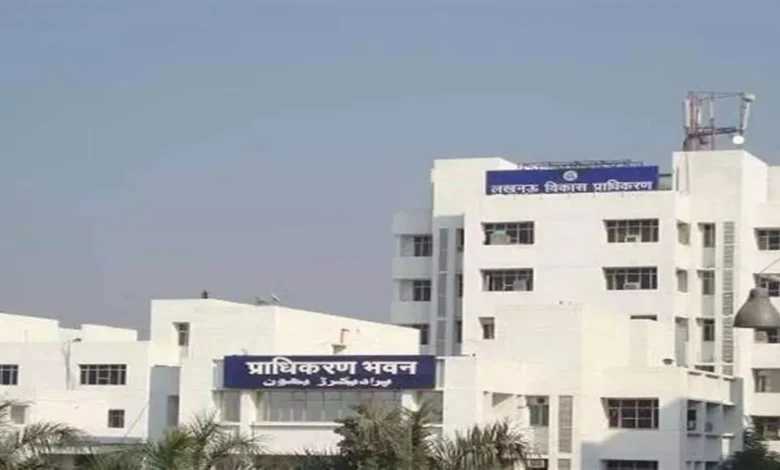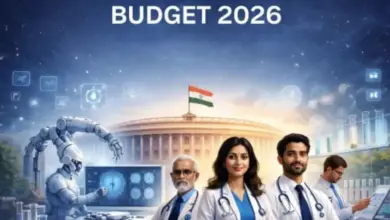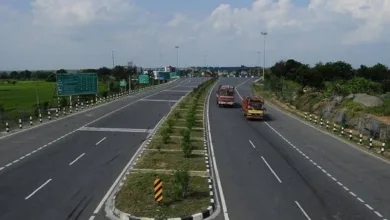Lucknow’s Illegal Constructions vs. NCR-Style Development: Reality or Hollow Claims?
Unchecked illegal constructions threaten Lucknow’s dream of becoming an NCR-style modern city.

Lucknow | 28, June 2025 : Lucknow, the city of Nawabs, dreams of transforming into a modern urban hub like Delhi NCR — but the ground reality paints a conflicting picture. While the Lucknow Development Authority (LDA) is spending crores (₹71 crore recently allocated) to beautify areas like Rajajipuram’s Sitapur Road Housing Scheme, the surge in illegal constructions tells a different story.
Despite large-scale redevelopment projects and grand promises to modernize Lucknow’s urban spaces, illegal and unapproved buildings continue to rise unchecked. Local residents and civic experts say that this unchecked growth exposes deep-rooted corruption and administrative negligence.
Locals allege that officials turn a blind eye or even silently permit these illegal constructions, while genuine taxpayers bear the burden of planned development. Multi-storey buildings mushroom in residential areas without proper maps or sanctioned approvals, putting safety norms at risk and blocking planned infrastructure.
Even though the LDA claims to follow NCR’s urban development model — with better roads, housing, and basic amenities — these illegal structures question the very basis of these big promises. Residents complain about lack of basic facilities like proper sewage, roads, and waste management — while unauthorized buildings get regularized under the radar.
City planners stress that until authorities crack down on illegal builders and penalize corrupt practices, Lucknow’s dream of NCR-style urban growth will remain just a slogan. It’s high time the administration acts firmly, ensures transparency, and wins back public trust.
Is Lucknow truly ready to follow NCR’s path, or will illegal constructions keep denting its modern makeover dreams? Locals hope for the day when every rupee allocated for development actually shapes a safer, smarter city — not just political headlines.
Also Read : UP to Host Excise Investor Summit on 9th July to Boost Trillion Dollar Economy Goal






